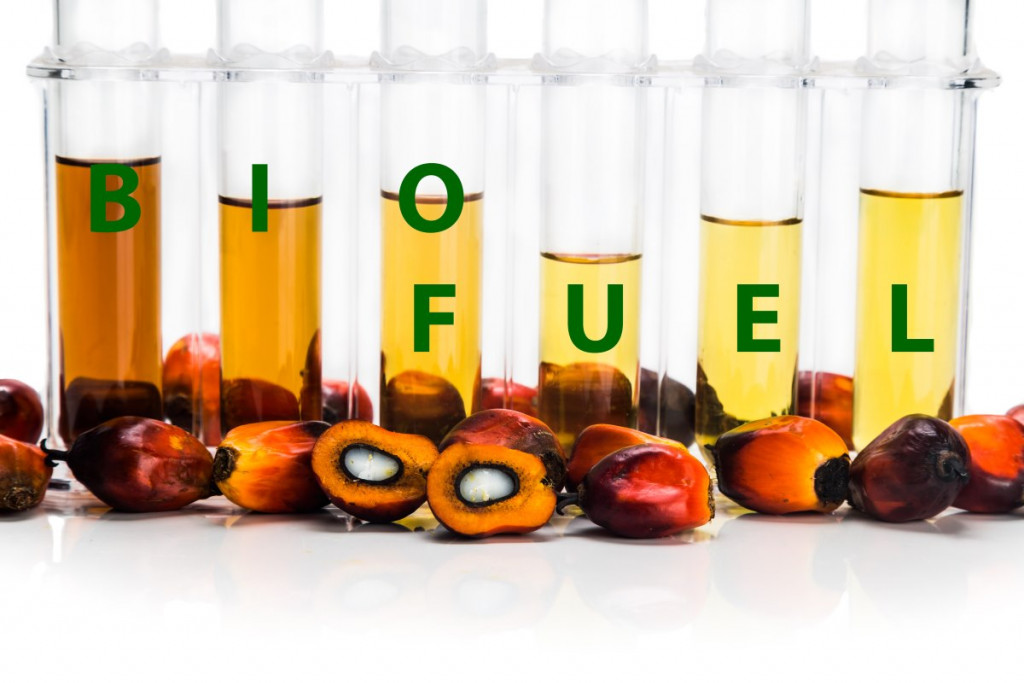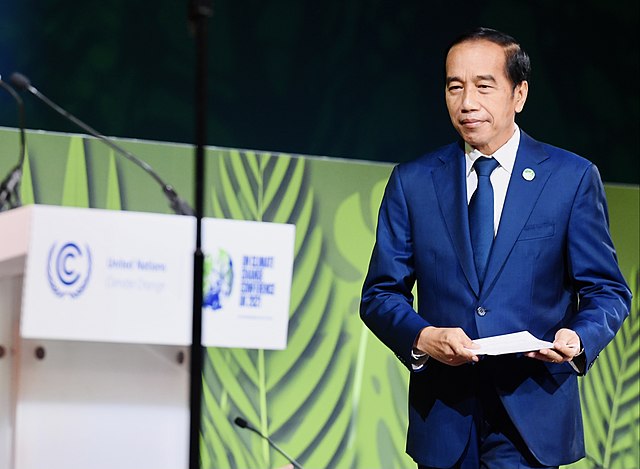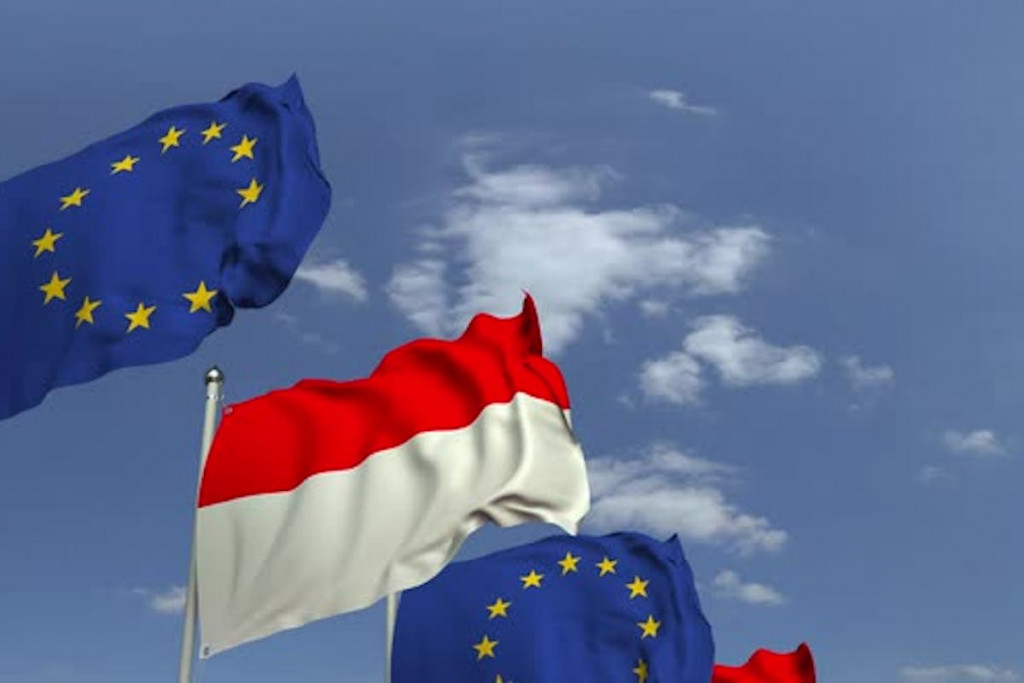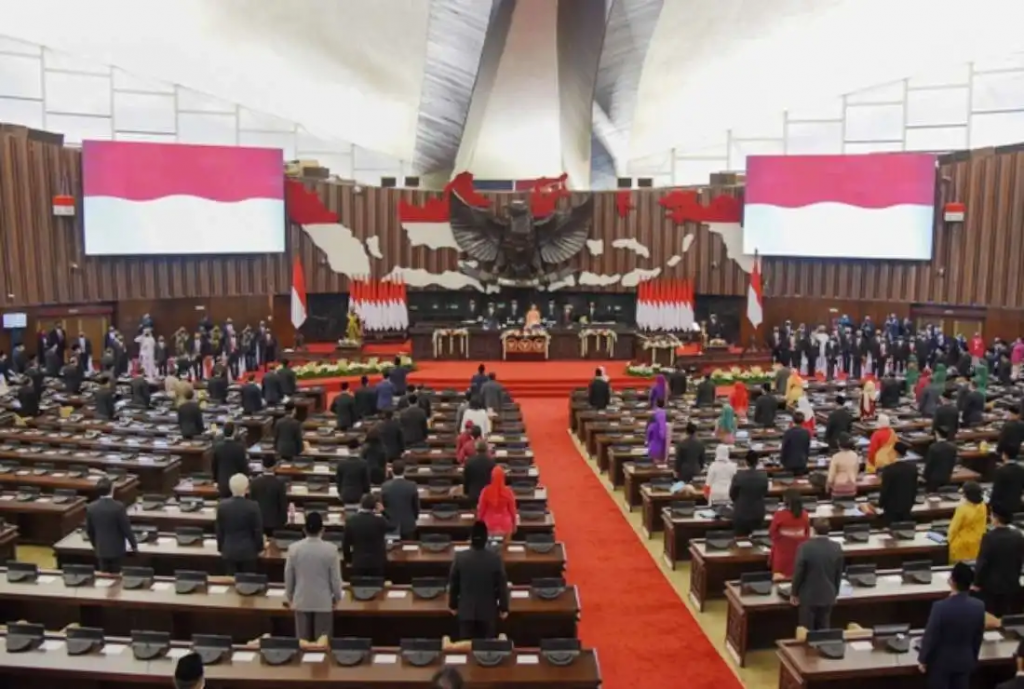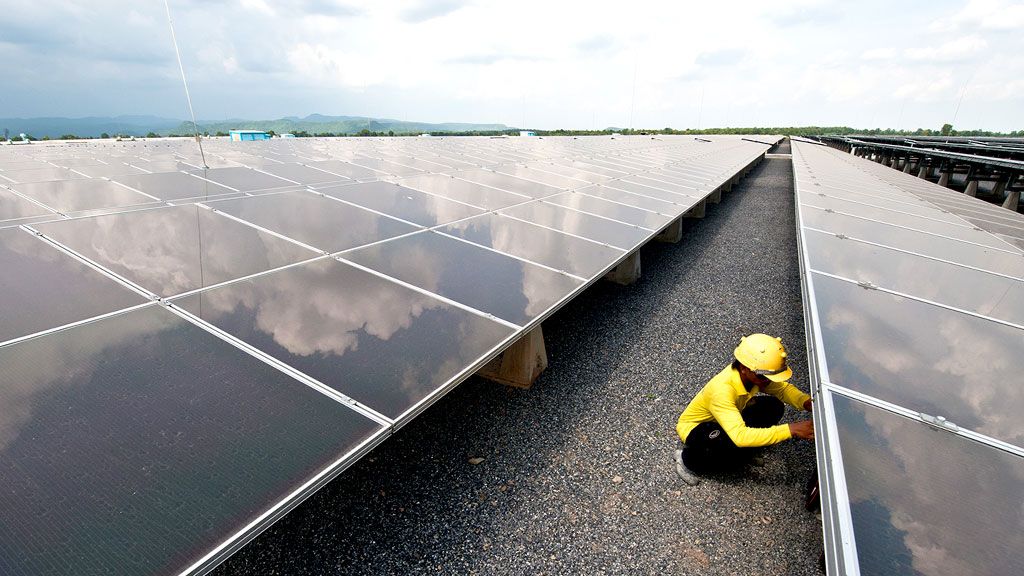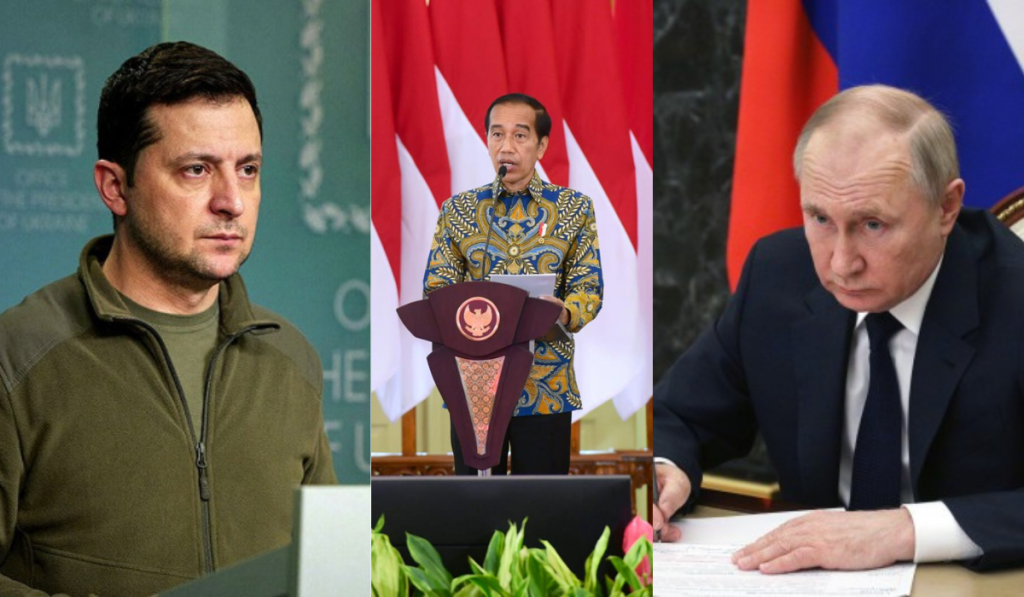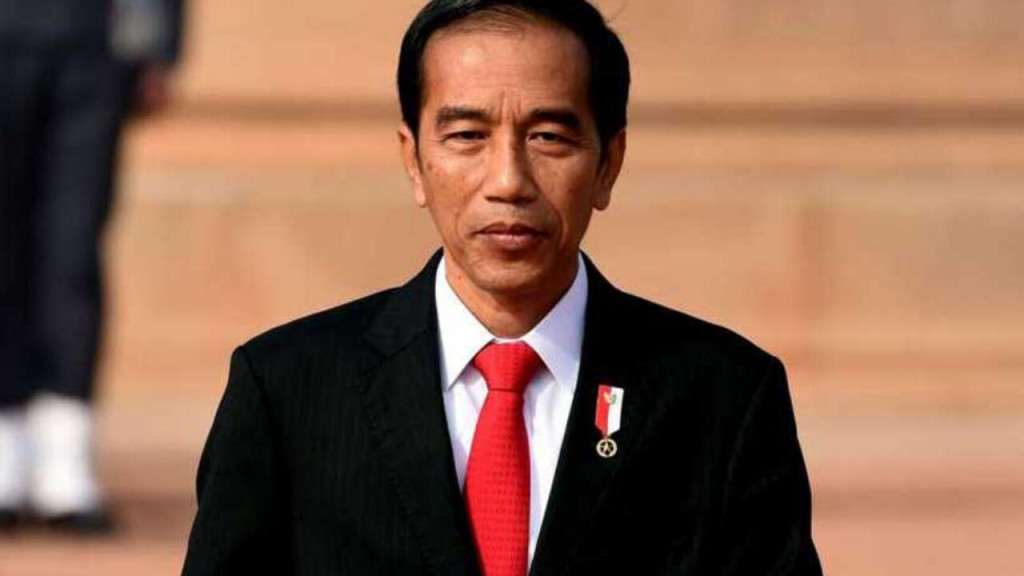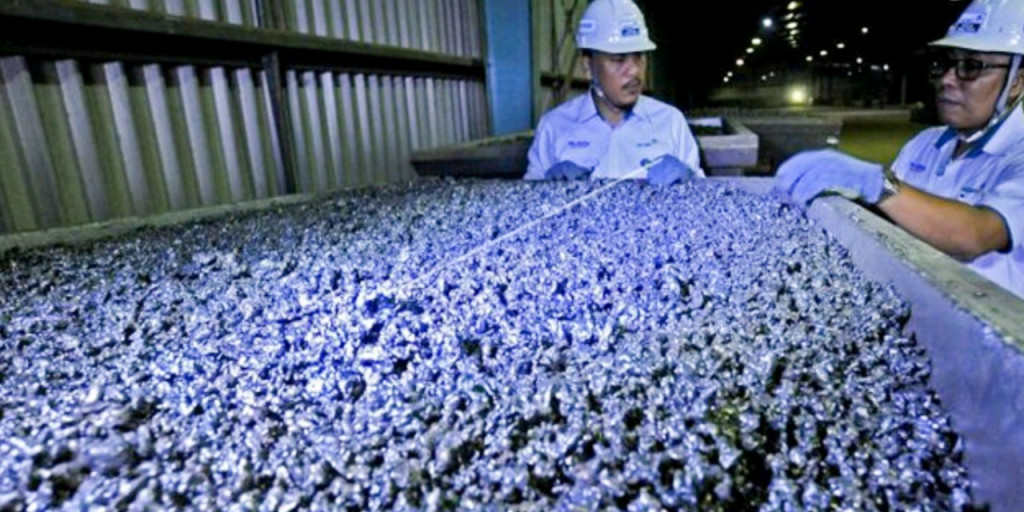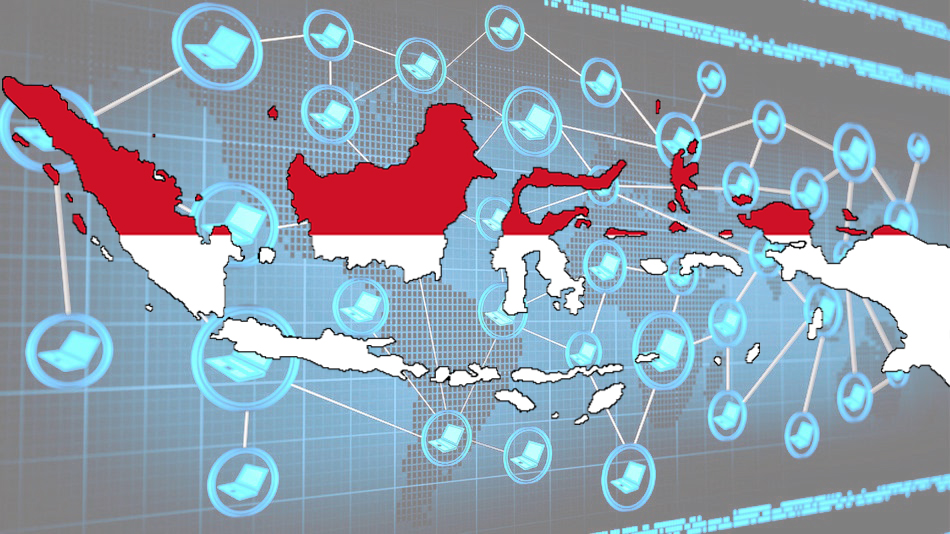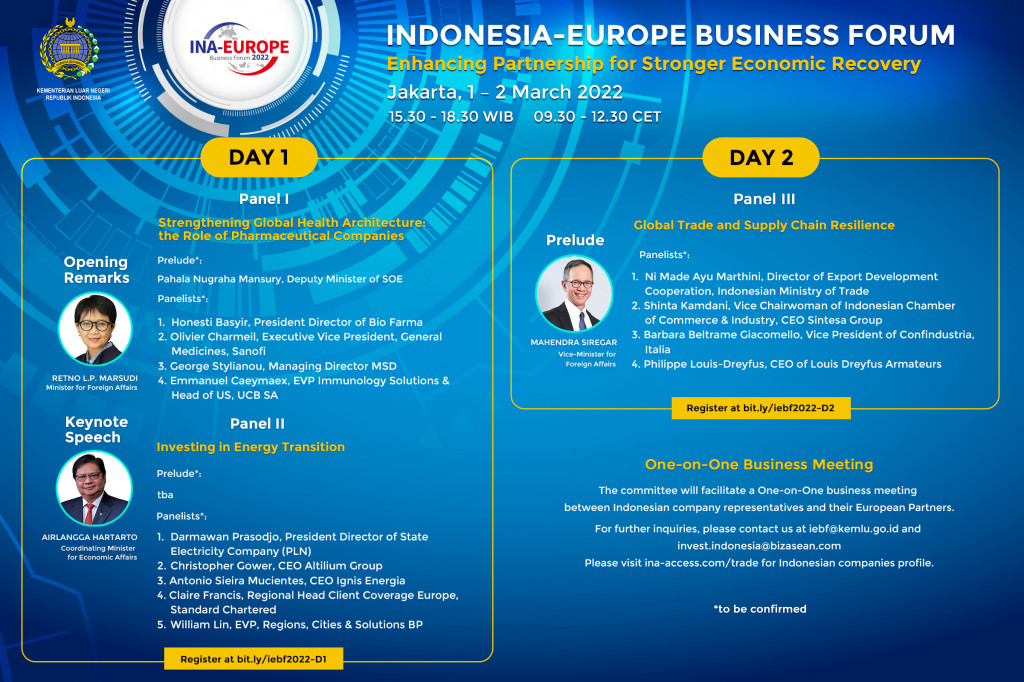To remedy the problems with the water systems in the two capitals, municipalities chose to grant management to private companies in the 1990s. Despite similar premises, however, the two cities' experiment did not play out in the same way.
The privatization of public water service in the two Southeast Asian megacities dates back to the 1990s. At that time, heavyweight institutions such as the World Bank and many economists had pinned high hopes on the role that the free market could play in developing countries, and in strategic sectors such as water there was a prevailing view that privatization was the way to go. And so it was that many utilities were fully or partially privatized, often with the support of the United States or multilateral development institutions.
Until that time, the water systems in Jakarta and Manila were entrusted to their respective municipalities and were in a very poor condition, with a very low user rate among the population. Jakarta's aqueduct system had originally been built by the Dutch at the time of their rule in the country, and obviously has not kept pace with the rapid growth of the metropolitan area, which now has a population of 11 million. Manila's water and sewage system is even older than Jakarta's, which was created in 1878 by the Spanish colonialists and designed for a city of 300,000 inhabitants, but now has more than 14 million.
The two cities' water system privatization schemes were initially very similar. In fact, in both cities, the metropolitan area had been divided into two sectors assigned to different companies, and in both cases the concession had an initial term of 25 years. The largest international water companies were brought in to provide technical assistance and financing schemes to Indonesian and Philippine government agencies in support of privatization programs, while service provision was assigned to large international conglomerates along with prominent and politically well-connected local groups, an essential element in obtaining privatization contracts.
Water privatization in Manila began when then-President of the Philippines Fidel Ramos, in order to combat the water crisis that was affecting the capital city, issued a tender that was won by two companies-Maynilad Water Services in West Manila and Manila Water in East Manila. Despite some initial difficulties, exacerbated by the financial crisis that had hit Asia in those years, the two companies have to date achieved more than 94 percent service coverage in the city compared to 58 percent before privatization, and water leakages have been brought down to 27 percent compared to about 67 percent pre-privatization. For these reasons, water privatization in the Philippines is considered by many to be one of the most successful public-private partnerships in the world.
Differently was it, alas, for the Indonesian capital. Here, then-President Suharto, seeking to remedy the inefficiency of the public water delivery system in Jakarta, which did not allow equitable access to water for all citizens, granted the management of the water network to two foreign companies without any competitive bidding. These were the French Suez Environment, which together with the Salim Group (owned by a tycoon loyal to the president), had formed PT PAM Lyonnaise Jaya (Palyja). The other company, however, PT Aetra Air Jakarta, was formed by Britain's Thames Water together with Suharto's son. In the 25 years of the concession, the two companies have undergone numerous corporate changes and share divestments, and have made little progress in expanding service coverage, as well as in increasing efficiency but especially equity in terms of access to water among different strata of the population. According to the Jakarta Post, after nearly two decades, coverage has only reached 59 percent of the city's residents, despite average water rates being quite similar to those in Manila. In 2017 then, the two water companies were sued for failing to meet their contractual obligations, and the court ruled against them, threatening the end of the water privatization experiment in Jakarta, although the system will likely persist but in different ways.
It remains to be seen, however, whether the Indonesian capital will be able, albeit with some delay, to replicate the successful example of its Philippine counterpart.


